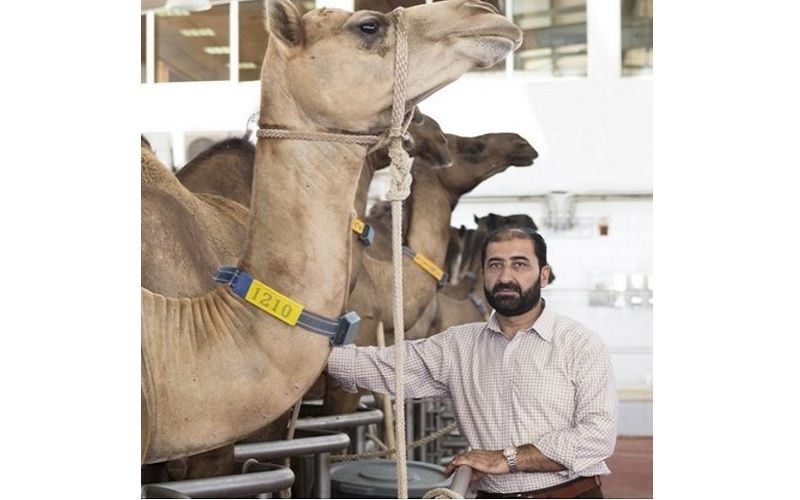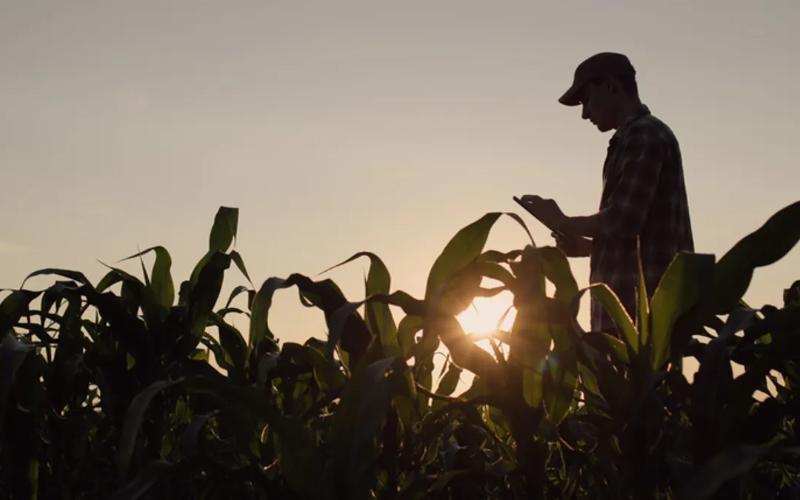EU reports progress and challenges in food safety across nations
Source: The DairyNews
The European Commission has released assessments on food safety progress and challenges in several nations aspiring to become EU member states, including Ukraine, Turkey, Albania, Moldova, and Serbia.

Despite progress, the reports highlight areas needing improvement.
Ukraine:
Turkey:
Albania:
Moldova:
Serbia:
Ukraine:
- Operational State Service of Ukraine on Food Safety and Consumer Protection with 140 employees.
- Market surveillance inspections and controls remain suspended, limiting effectiveness.
- Adoption of a One Health approach in October 2022, implemented in October 2023.
- A risk analysis, assessment, and management system is in place.
- 427 Ukrainian companies can export products to the EU as of March 2023.
- Integration of food safety databases and administrative capacity strengthening needed.
Turkey:
- Continued restrictions on EU agricultural product imports.
- High RASFF notifications for pesticide residues in fruits and vegetables.
- Increased detention of Turkish articles at EU borders.
- Challenges in developing a national plan for upgrading food establishments.
- No progress on legislation alignment for novel food or GMOs.
Albania:
- Progress at the Albanian National Food Authority but administrative burden reduction needed.
- Issues with the national residue monitoring plan and alignment on contaminants levels.
- Raw milk testing part of the 2023 official control plan.
- No progress on GMOs, with pending legislation.
Moldova:
- Progress in strengthening institutional and diagnostic capacity.
- Improved administrative capacity through National Food Safety Agency reorganization.
- Approval for Moldova to export processed poultry meat and Class A eggs to Europe.
- Strengthening monitoring and enforcement of food quality needed on the domestic market.
Serbia:
- Advanced draft of a strategy and action plan for EU food safety rules.
- Need for a more transparent and comprehensive risk-based approach for imported foods.
- Shortage of official veterinarians and challenges in exporting fresh poultry meat and eggs to the EU.
- No progress in improving milk quality, with aflatoxin levels higher than EU standards.
Key News of the Week










